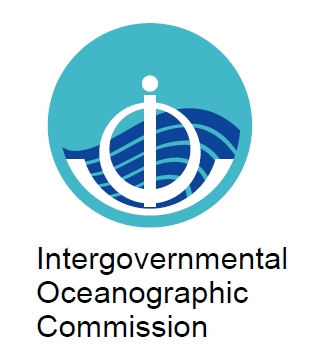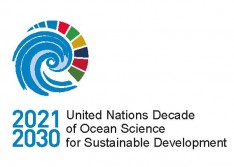The Intergovernmental Oceanographic Commission of UNESCO (IOC), established in 1960, is one of the principal international organisations concerned with marine scientific research and the only United Nations body specialising in ocean science.

- A community of 152 Member States that work together to share in the common and critical goal to observe, understand and manage the shared marine environment that unites us all.
- Remit includes coordinating the global tsunami warning system, supporting greater understanding of climate change, and sharing marine data.
For over half a century, the ocean has played a leading role in building greater international cooperation. The deep ocean may be the last frontier of our planet. The work of the IOC has evolved from the technological optimism of the space age to the more recent challenges posed by climate change and the increasing demands of a rapidly expanding human population. The need for this collaborative activity is pressing, given cumulative threats posed by warming sea temperatures, ocean acidification and pollution.
How the UK works with the IOC
The UK is one of the IOC’s 152 member states and is also a member of the IOC Executive Council. The UK Delegation to the IOC is provided by the National Oceanography Centre (NOC) with funding received from NERC-UKRI. NOC’s Chief Executive, Dr John Siddorn, is Head of the UK Delegation and Alan Evans, NOC's Head of Marine Policy, is the Alternate Head.
The NOC team works with national stakeholders, the marine science community, policy makers and marine partners to guide the activities of the UK IOC Delegation. We also engage with this community to implement requests made by the IOC Circular Letters. Consistent messaging is ensured by working with Government departments and agencies, in particular the UK National Commission for UNESCO, the Foreign, Commonwealth and Development Office (FCDO) via the Ocean Policy Unit, the Department for Environment, Food and Rural Affairs (Defra) and the Department for Science, Innovation and Technology (DSIT).
The UK Delegation participates in national committees such as the NOC Association of Marine Science National Capability Beneficiaries to ensure dissemination of information to the UK marine science community. We use these fora to provide leadership in developing UK contributions, including to the UN Decade of Ocean Science for Sustainable Development. We work with the UK National Decade Committee, which was formed to inspire, coordinate and facilitate UK engagement with the UN Ocean Decade through an all-society approach.
The UK inputs influence at all levels of the IOC, including providing leadership (the UK has been Vice Chair of the IOC and Chair of several subsidiary bodies), membership of working groups, task teams and expert groups, through to participation in IOC programmes and projects.
Find out more about how the UK is working towards the objectives of the IOC through our activities page.
